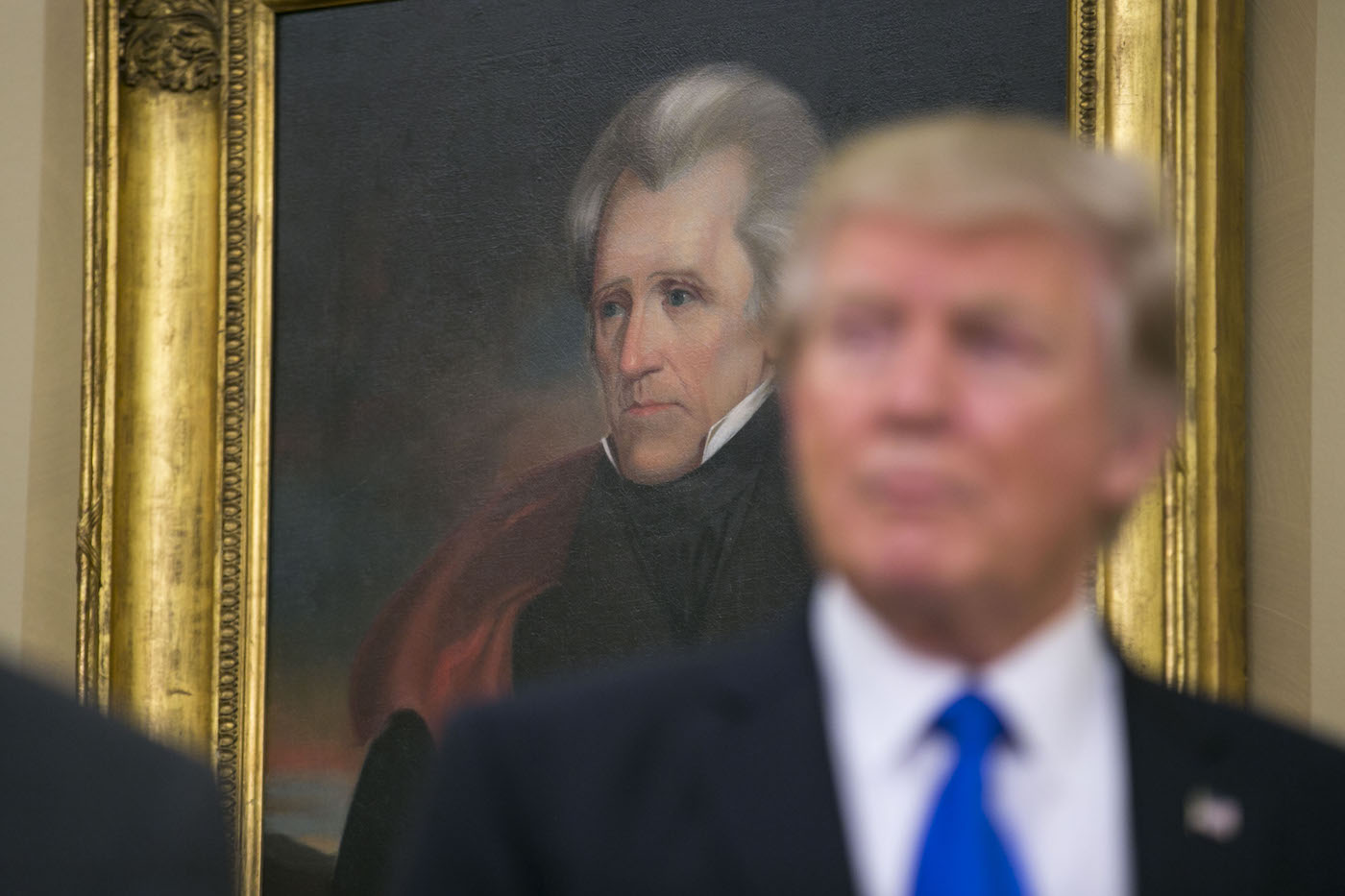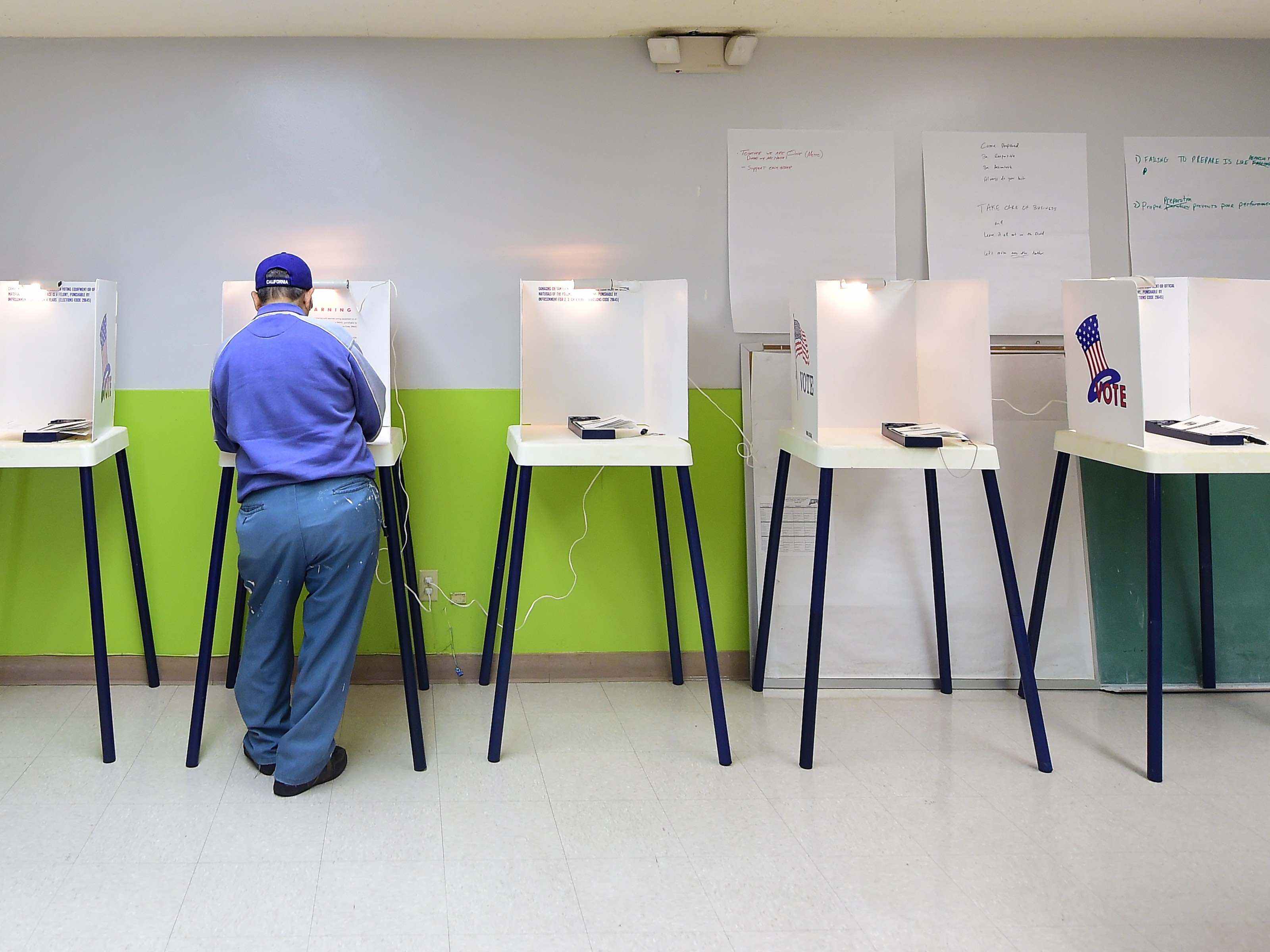
by Brett Jones | Feb 20, 2019 | Saint Louis University
Roger Stone Roger Stone, a member of Trump’s inner circle and advisor who served Trump during the 2016 presidential campaign was indicted of 7 different crimes by Robert Mueller, the special counsel leading an investigation into the Trump presidency to see if they...

by Elijah Kramer | Feb 13, 2019 | Boston University
On January 27th of 2017, seated in front of the Presidential Seal, U.S President Donald Trump signed Executive Order 13769, barring any citizen from seven countries — Iran, Iraq, Libya, Somalia, Sudan, Syria, and Yemen — from entering the United States....

by Benjamin Wuesthoff | Feb 13, 2019 | Boston University
During the final Presidential debate of the 2016 election, then candidate Donald Trump alarmed pundits and politicians alike as he declined to confirm whether or not he would accept the results of the election should he lose, claiming that the nation’s electoral...

by Felicia Gordon | Feb 11, 2019 | Boston University
In the United States, the power to pardon is an executive power that is awarded to the President of the United States under Article II, Section II of the United States Constitution. Typically, a criminal who has been convicted under federal law will apply for a pardon...
by Kaylan Anderson | Dec 6, 2018 | University of Louisiana, Lafayette
In the United States some people may feel that having elected Donald Trump as president has contributed to the increase of populism. Citizens gravitate towards populism in hopes of electing a candidate that will meet their social and economic needs, which previous...







